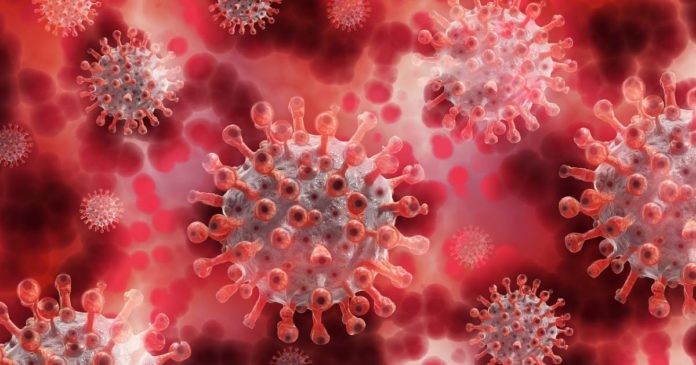New Oregon State University research indicates certain hemp compounds could prevent the coronavirus causing COVID-19 from invading human cells.
Hemp and cannabis generally contain a large number of compounds called cannabinoids. Cannabinoid research to date has mainly focused on two of these – tetrahydrocannabinol (THC) and cannabidiol (CBD). There’s still much we don’t know about both and even less of of the others.
But OSU researchers have found two of these lesser-known cannabinoids, cannabigerolic acid (CBGA) and cannabidiolic acid (CBDA), bind to the SARS-CoV-2 spike protein. The spike protein, located on the exterior of a coronavirus, is how SARS-CoV-2 enters human cells – and is what COVID-19 vaccines and antibody therapies generally target.
The study was led by Richard van Breemen, Principal Investigator at OSU’s Linus Pauling Institute. Commenting on CBGA and CBDA, Professor van Breemen said:
“They are not controlled substances like THC, the psychoactive ingredient in marijuana, and have a good safety profile in humans. And our research showed the hemp compounds were equally effective against variants of SARS-CoV-2, including variant B.1.1.7, which was first detected in the United Kingdom, and variant B.1.351, first detected in South Africa.”
B.1.1.7 is the Alpha variant and B.1.351 is Beta.
The two cannabinoids were identified using a mass spectrometry-based screening technique developed in Professor van Breemen’s laboratory. Hemp wasn’t the only botanical screened, among other plants were red clover, wild yam, hops and even three types of licorice.
The OSU team’s finding have been published in the journal Natural Products.
So, is it just a case and consuming a bunch of hemp seeds or commonly available extracts to provide protection? No. Breemen points out CBDA and CBGA are precursors to CBD and CBG, and are not present in these hemp products. It will also be a case of more research to confirm the attributes and then product development to harness them – and by that time perhaps COVID-19 would for the most part be in the rear view mirror (we can only hope).
What the OSU’s team’s work does highlight though is the as-yet unknown full potential for cannabis in medicine and why much more support needs to be provided for research. We’ve barely scratched the surface and who knows what attributes and applications are yet to be discovered.
On a related note, we reported last year other research indicated cannabidiol may help reduce some of the more extreme health impacts on patients facing complications from COVID-19.


